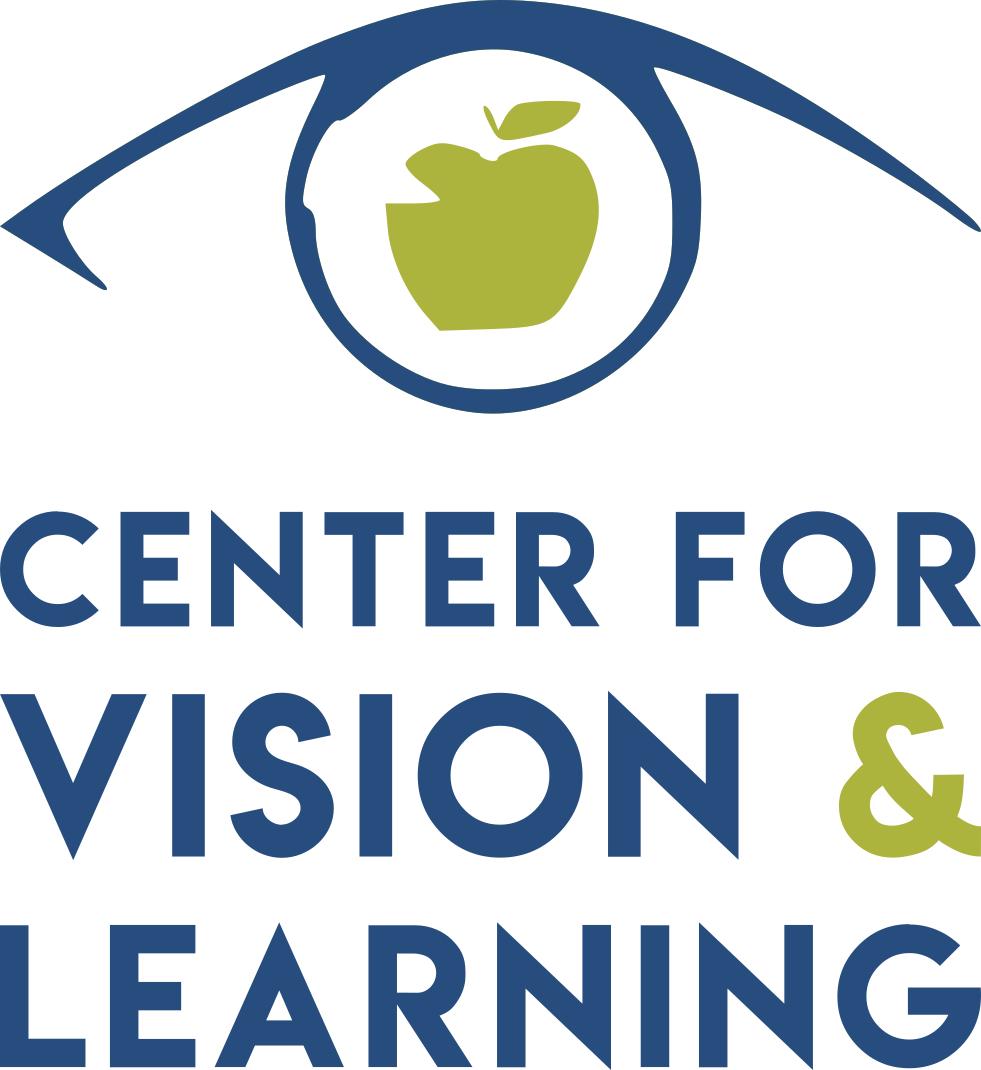Max is smart but he doesn't like to read
As this is my first blog post, I want to talk about a visual condition that is near and dear to my heart. It’s called convergence insufficiency, and it’s one of the most common conditions I see. Convergence insufficiency makes it hard for kids to read, which is something I love and strive for all of my patients to love! Basically, this means that when you have convergence insufficiency (or what we call CI), your eyes do not naturally cross or align when you’re looking at an object at near.
Here is an example of the typical convergence insufficiency patient: his name is Max. Max is 13 years old. He is a smart kid, learned his letters in preschool with no problem, his parents spent a lot of time during childhood reading to Max and he loved to have books read to him. He's a wiz at math. But he doesn’t like to read to himself. Maybe Max even says he hates to read. Regardless, he is a slow reader and his reading is not fluent. When he reads, he might notice that he has to read a paragraph 2 or 3 times in order to get the content. And, he gets tired from reading, so it’s a good before-bedtime activity because he’ll fall right to sleep! His teachers don’t really know why Max struggles with reading, but they’re just sure he’s going to figure it out sometime soon, if he can only find the “right book.”
Kids like Max often have normal eyesight (20/20 vision) and normal eye alignment in the distance. It’s no surprise that most eye exams don’t pick up convergence problems, because they are generally looking at your eyesight in the distance. When was the last time you had your eyes checked and the doc really took some time looking at your vision up close? Most doctors don’t and definitely this is not checked during a pediatrician’s eye screening.
But convergence problems can make a huge problem for someone who is in school for 7-8 hours a day, reading, writing, doing arithmetic. Most of these kids come home and get on their tablets or computers or xbox systems and spend a few more hours hanging out with objects at arms’ distance from them. Do they complain? No! They don’t even know they have a problem. Their eyes have “always been this way” and it’s “normal” for them. Many kids I see will not even mention the fact that they see double when they read or work on the computer. They don’t even know that double vision is NEVER normal!
If you suspect you have a son or daughter like Max, please get a developmental vision exam. Don’t expect your exam at Wal-Mart or the pediatrician to pick up on convergence problems; a good look at the alignment and teaming of the eyes up close is the only way to find this problem.
- Dr. Cheryl Davidson
